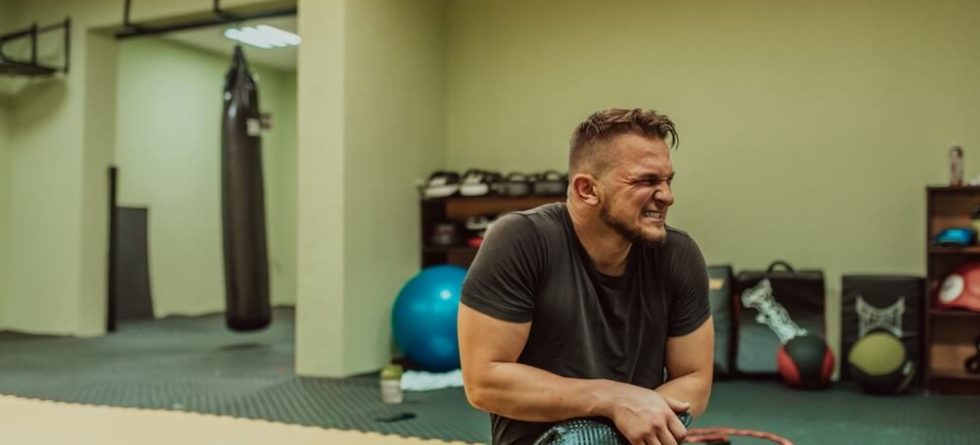Recovering from a boxing injury requires a comprehensive approach that includes proper medical evaluation, rest, rehabilitation, and a gradual return to training.
Here are some key steps and considerations for recovering from a boxing injury…
- Immediate Care – If you sustain an injury during boxing, seek immediate medical attention. Apply the RICE protocol (Rest, Ice, Compression, Elevation) to manage pain and swelling in the initial stages.
- Medical Evaluation – Consult with a healthcare professional, such as a sports medicine physician or orthopedic specialist, for a thorough evaluation of the injury. An accurate diagnosis is crucial to determine the extent of the injury and develop an appropriate treatment plan.
- Rest and Recovery – Follow your healthcare provider’s recommendations for activity modification. Avoid engaging in activities that may aggravate the injury and allow sufficient time for the body to heal.
- Physical Therapy – If your injury requires rehabilitation, work with a physical therapist specializing in sports injuries. Physical therapy will focus on restoring strength, flexibility, and range of motion while addressing any imbalances or weaknesses contributing to the injury. The physical therapist will design a personalized exercise program tailored to your needs and goals.
- Compliance – Adhere to your physical therapist’s treatment plan and perform prescribed exercises diligently. Compliance is essential for optimal recovery and to prevent re-injury.
- Gradual Return to Training – As you progress in your rehabilitation, your physical therapist will guide you on a gradual return to boxing-specific activities. This will involve a carefully structured progression to ensure your body can handle the demands of boxing safely.
- Proper Technique – Work with a coach or boxing trainer to review and improve your technique. Proper technique can reduce the risk of injury and enhance performance.
- Injury Prevention – Focus on prevention strategies, such as adequate warm-up and cool-down routines, proper equipment, and addressing any muscle imbalances or weaknesses that may increase the risk of injury.
- Nutrition and Hydration – Proper nutrition and hydration play a significant role in recovery. Ensure you fuel your body with the nutrients it needs to heal and perform optimally.
- Psychological Support – Recovering from an injury can be mentally challenging. Seek support from coaches, trainers, teammates, or a sports psychologist to help cope with the emotional aspects of the recovery process.
Remember that every injury is unique, and the recovery timeline can vary depending on the type and severity of the injury. Be patient with the process and prioritize your health and well-being throughout the recovery journey. Work closely with healthcare professionals and experts in sports rehabilitation to ensure a safe and successful return to boxing activities.




